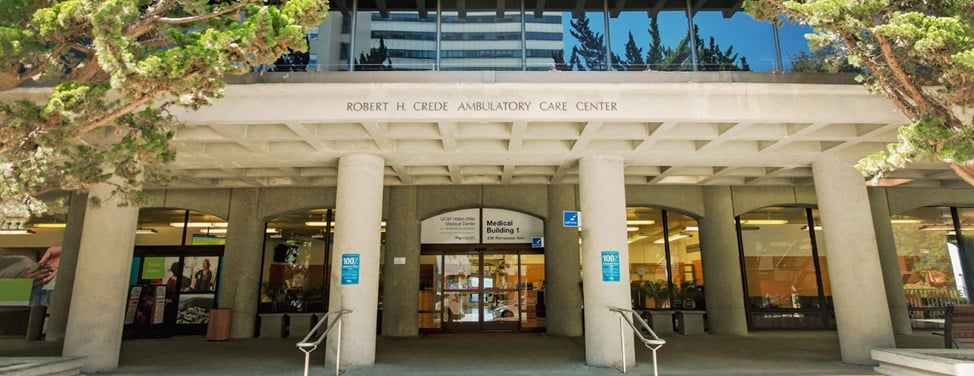
FAQ: Nintedanib
- Why is this medication being recommended?
- What side effects can this medication cause?
- What monitoring will I need?
Why is this medication being recommended?
Nintedanib (Ofev) was approved for the treatment of IPF in the fall of 2014. Nintedanib is a tyrosine kinase inhibitor. It blocks the activation of pathways inside cells that are involved in the development of IPF. The recommended dose age is 150 mg (one pill) twice daily with food.
Nintedanib is not a cure for IPF. However, it has been shown to slow the decline of lung function over time. This medication is available to patients through specialty pharmacies. Additional information can be found at www.ofev.com.
What side effects can this medication cause?
Nintedanib may cause many side effects. The most common side effects patients experience include diarrhea or loose stools and nausea/vomiting. Mild or moderate diarrhea may be treated with anti-diarrheal medications such as loperamide. If these symptoms continue or become severe, you may need to reduce your dose of Nintedanib, temporarily stop the medication or discontinue it. Taking this medication with food or using an anti-nauseant medication may help reduce side effects of nausea and/or vomiting. However, if these symptoms persist despite these measures, your doctor may tell you to reduce your dose of Nintedanib, temporarily stop the medication, or discontinue the medication all together.
Nintedanib is a pregnancy category D medication. This means it can cause harm to a growing fetus. We recommend that women of child bearing age, who are taking this medication, use appropriate contraception and should avoid becoming pregnant while taking this medication.
There may be an increased risk of arterial thrombotic events, such as heart attacks, when taking Nintedanib Your doctor will advise you if you can take this medication, depending on your medical history.
What monitoring will I need?
Before starting treatment with Nintedanib, your doctor will check your liver function (AST, ALT and bilirubin). Your liver function tests will be checked every month for the first three months you are on the medication. After that, liver function tests should be checked every three months. If your liver function tests become abnormal, your doctor may ask you to reduced your dose, temporarily stop the medication or discontinue it all together.
Your doctor will also monitor your lung function periodically to help assess your response to the medication.
UCSF Health medical specialists have reviewed this information. It is for educational purposes only and is not intended to replace the advice of your doctor or other health care provider. We encourage you to discuss any questions or concerns you may have with your provider.














